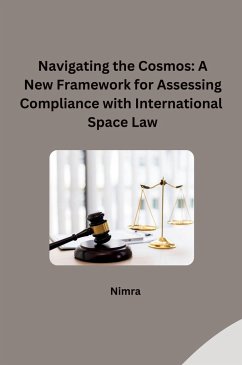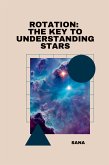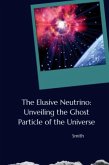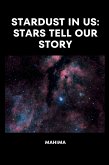The cosmos beckons, but responsible exploration requires a clear roadmap. International space law is the foundation, but ensuring compliance in this ever-evolving environment demands a fresh approach. Here's where a new framework for assessment steps in.This framework would go beyond simply tracking objects. It would delve deeper, analyzing activities and intentions. Advanced data analytics and artificial intelligence could be used to identify potential red flags, like unusual maneuvers by spacecraft or sudden increases in debris generation.Transparency remains paramount. Nations could submit detailed mission plans that not only outline activities but also their scientific goals and potential benefits for humanity. This fosters trust and allows for collaborative risk assessments.Independent inspections, similar to those conducted on Earth for nuclear facilities, could be deployed for high-risk missions. These inspections, conducted with international cooperation, would ensure adherence to regulations and promote peaceful exploration.Navigating the cosmos requires a dynamic approach. This new framework, built on advanced technology, transparent communication, and international cooperation, can ensure a future where space exploration thrives under the guiding light of international law.









